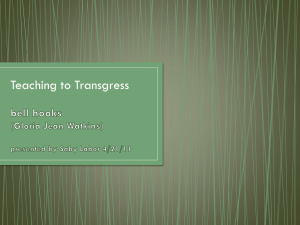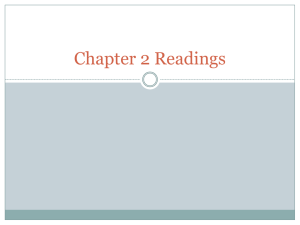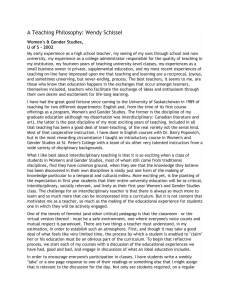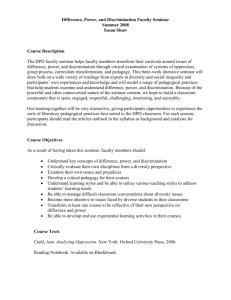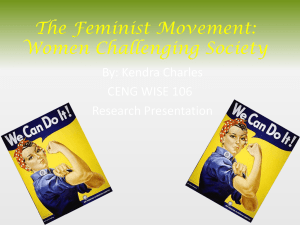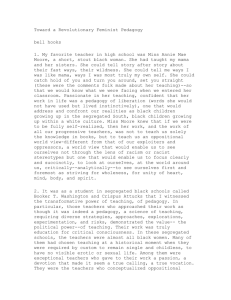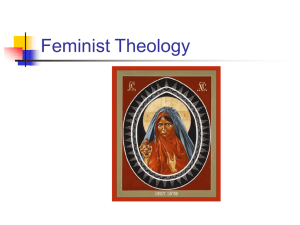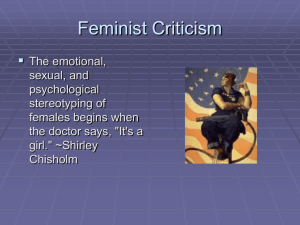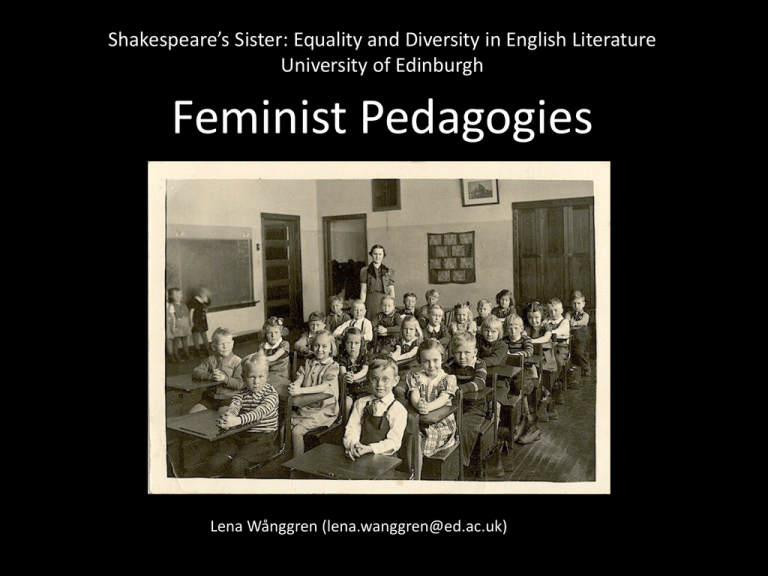
Shakespeare’s Sister: Equality and Diversity in English Literature
University of Edinburgh
Feminist Pedagogies
Lena Wånggren (lena.wanggren@ed.ac.uk)
‘The classroom remains the most radical space of
possibility in the academy’ (12).
‘Teaching ... is that aspect of our work that offers
the space for change, invention, spontaneous shifts’
(11).
bell hooks, Teaching to Transgress: Education as the Practice of Freedom
(London: Routledge, 1994)
Intersectional feminism and critical pedagogy
•
•
•
•
•
Feminisms and Critical Pedagogy (1992)
The Feminist Teacher Anthology: Pedagogies and Classroom Strategies (1998)
The Feminist Classroom: Dynamics of Gender, Race and Privilege (2001, 2nd revised edition)
Twenty-First-Century Feminist Classrooms: Pedagogies of Identity and Difference (2002)
Feminist Pedagogy: Looking Back to Move Forward (2009)
Feminists must ‘examine systems of domination and our
role in their maintenance and perpetuation’ (25-26) and
‘eradicate the underlying cultural basis and causes of
sexism and other forms of group oppression’ (31).
The ‘inter-relatedness of sex, race, and class oppression’
(31).
bell hooks, Feminist Theory: From Margin to Center (New York: South End Press, 1984)
(2011)
feminism in academia – OWN UP TO YOURSELF
do not pretend to be the godsend intellectually paving the revolution
recognize that the ones let through these doors by some strategic mistake
are the ones making you look good
while we burn out and burn up by your hands
…
some of us need to engage with feminist theory
so we can ground it in our community activist work
our creative works
our personal relationships
for our families, communities and histories
for our own fucking deserved peace of minds
maybe we need to know how to make sense of oppression
because we’re so heartbroken
(http://rabble.ca/podcasts/shows/redeye/2011/04/slam-feminism-academia)
1. List various aspects of a person that
might intersect with other aspects
2. Discuss how these aspects and
intersections manifest in your daily life –
cf. Tagore poem – e.g. in a university
setting or other learning environment (as
teacher or as student)
‘Certainly there are very real differences between us of
race, age, and sex. But it is not those differences
between us that are separating us. It is rather our
refusal to recognize those differences, and to examine
the distortions which result from our misnaming them
and their effects upon human behavior and
expectation.’ (115)
Audre Lorde. ‘Age, Race, Class and Sex: Women Redefining Difference.’ Paper delivered at the Copeland
Colloquium, Amerst College, April 1980. Reproduced in Sister Outsider (Berkeley: Crossing Press, 1984).
Engaged or critical pedagogy
‘education can only be
liberatory when everyone
claims knowledge as a field in
which we all labor’ (hooks,
Teaching 14).
Paulo Freire , illustration by Dylan Miner for STIR.
‘reformulation of the
knowledge-as-accumulatedcapital model of education’
(Mohanty 185).
What might a feminist pedagogy look like?
1. How to plan and structure classes? (e.g. teacher-led,
student-led, individual or collaborative, online
possibilities)
2. Classroom exercises? (e.g. presentations, leading
discussions, ALGs)
3. Assessment? (e.g. exam, essay, learning journal,
presentations, online)
4. Seminar or lecture? (Are there other spaces or ways to
teach?)
If a feminist pedagogy must involve both a reformulation of what is
meant by knowledge, and a mutual engagement between students
and teachers, how can we do this practically?

